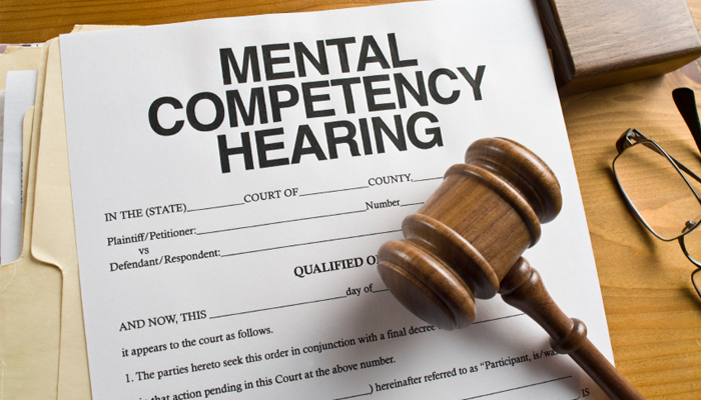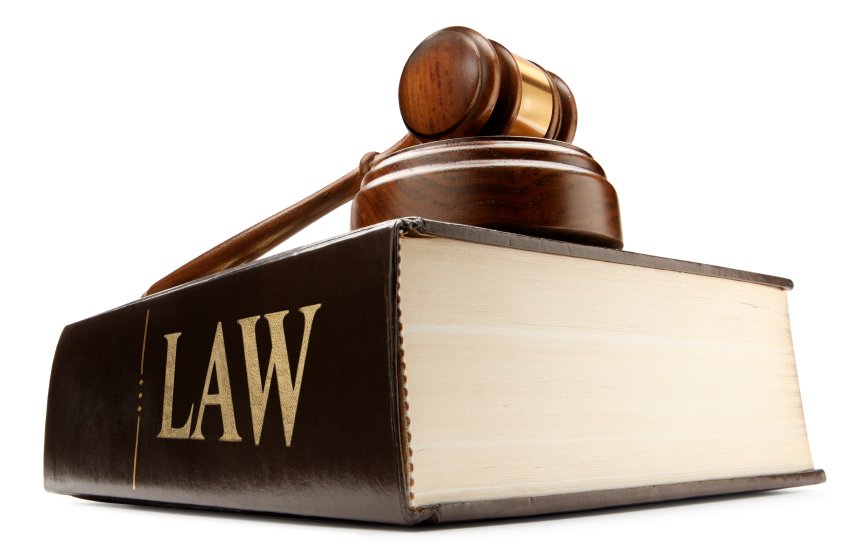The easiest way to understand forensic psychiatry is by referring to it as the branch that deals with problems at the confluence of psychiatry and the law. Its role in the social system is very disputed and controversial, though no one denies its consulting relevance during criminal and civil trials. The evolution it has had in the past two decades concerning the relationship between mental disorders and criminality as well as solving very important conflicts serves as a primary argument for its increasing reliability and appreciation.
Every country conceptualizes the tasks, belonging, role and attributions differently, according to the national laws and even traditions. While in Britain most of the forensic psychiatrists work for the National State Service, in some other countries the practitioners may investigate the subjects and their diagnosis of mental illness as part of non-governmental entities. But the legal background is not the only one different from a state to another, as there also are specific national controversial decisions concerning the application of forensic psychiatry in court.
 For instance, in Canada, there is a set of requirements before meeting in Court, so called ‘psychiatric assessments’, about which social organisms aiming for rights and freedom believe that this may be in conflict with the fundamental right of expression, thought, belief of any kind.
For instance, in Canada, there is a set of requirements before meeting in Court, so called ‘psychiatric assessments’, about which social organisms aiming for rights and freedom believe that this may be in conflict with the fundamental right of expression, thought, belief of any kind.
The scientific incursions into the fields of the law have become, nonetheless, more and more authorized, irrespective of this science’s national given status – as a private or public service. The changes of perspective concerning forensic psychiatry are consistent and regard the evolution of understanding and appreciation of the connection between criminality and mental disorders, the evolution of the legal assay to define legal insanity, the methodology of treatment of mental conditions that assure alternatives to custodial care and last, but not least, the positive public attitude and perception concerning the importance of mental conditions generally speaking.
Strongly related to criminology, the main activity related to courts in forensic psychiatry is evaluating an individual’s competencies to stand trial, to identify mental diseases or defects and use them in order to defend the accused, as well as offering recommendations concerning the sentence. The work is divided into two major areas of activity: Competency to Stand Trial (also known as CST) and the Mental State at the Time of the Offense (commonly known as MSO).
• Competency to Stand Trial. It is highly important for the defendant to understand all the charges he is accused for in order to be able to go to court and assist his attorney. His presence doesn’t only have to be physical, but rational and mentally sane as well for the charges to be available in the case of conviction.
In addition to this, any prisoner to face the death penalty must be evaluated as psychically competent to be executed, meaning that his is in complete understanding with the sentence. Both during civil and penal proceedings forensic psychiatrists are often called as expert witnesses to state their opinion considering different issues of discussion in the trial. The specialists are only called when some of the presented reports aren’t easily understandable and the jury needs professional explanation of the results. Their interpretation plays the part of an independent analysis, regardless of the interests of both parts.
• Mental State Opinion. As the title would suggest, the investigation’s results only represent a specialist’s view of the mental state of the accused – concerning his/her capacity of understanding and reasoning during the time of the crime. Although it is deprived of any decisional power, it plays a very important role in the economy of the jury’s decision nonetheless. The status of this consultation varies from a state to another, but the certainty that the defendant was completely aware of the criminal nature of the act cannot go unpunished, no matter how every state conceptualizes the idea of mental sanity and penalty execution competency.

Concerning the field belonging of the forensic psychiatrists, there have been many debates over the years, but the only logical conclusion in the end, accepted and assumed almost unanimously, is that their first obligations are towards the medical field that specialized them as medical staff in the first place. It is because of this qualification that they are able to perform various examination that are taken into consideration during trials. The control of institutions as well as the huge difference of interests between the patients and the public put a lot of stress and responsibility on the shoulders of these practitioners, all over the world. However, there are many differences as well from a cultural space to another. For example, in some states forensic psychiatry is not defined as a subspecialty per se and in the states where it is, the duration of the training process and the content of the curriculum differs as well.



